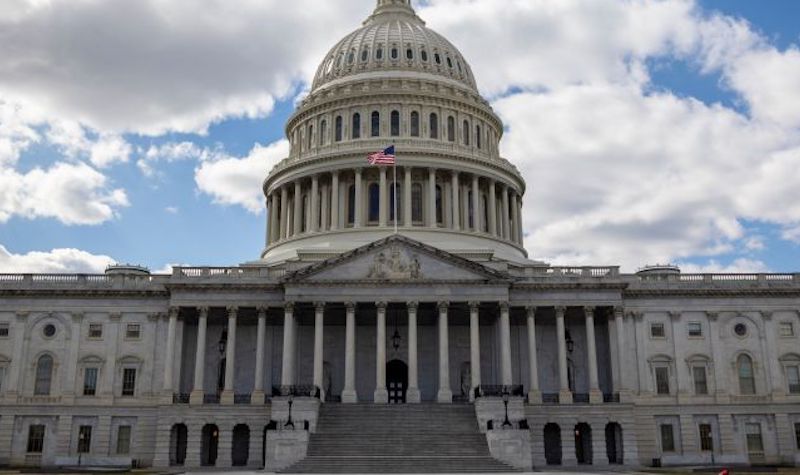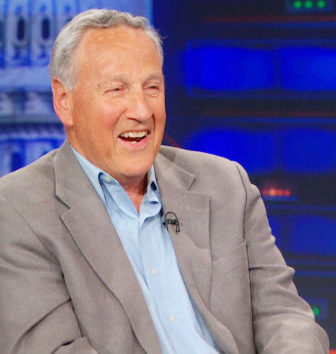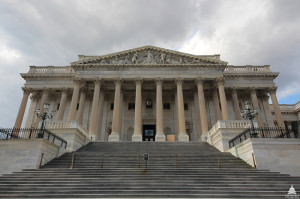
The law should complement—not control—private decision-making.
A new Administration heralds the return of the United States’ rule of law, our great civilizing institution. But we must also revisit the role of law, whose misuse helps explain many current policy failures and explosive disputes.
Law’s misuses fall into three main categories.
First, when law regulates what should be left to private decisions or the marketplace, it stifles valuable activities and relationships. Much occupational licensing, for example, does little more than restrict competition by limiting entry into the workforce. Amid the pandemic, states have lifted restrictions preventing doctors licensed in one state from practicing medicine out of state. This innovation shows how fewer legal limits on professional mobility can enhance public well-being, in this case, health.
A 2015 White House report cited hundreds of needless occupational licensing barriers to entry-level, low-skill jobs. Promoted as consumer safety measures, these laws actually limit competition, raise prices, and monopolize work for in-group gatekeepers. The U.S. Congress and the states have filled the statute books with laws that victimize consumers, taxpayers, and job seekers to favor narrower, well-organized interest groups.
Another example of such over-regulation of private business is the Jones Act of 1920, which requires all shippers between U.S. ports to use U.S. vessels and crews despite their higher costs—a costly sop to shipping companies and their unionized workers at U.S. taxpayers’ expense. Similarly, the Davis-Bacon Act of 1931 requires paying workers on federally funded public works projects at the local prevailing wage, which freezes out many would-be projects and job-seeking workers. And federal ethanol requirements for fuel are in fact pollution subsidies for farmers and industry in the false name of environmental quality.
Second, lawmakers often riddle the law with paralyzing, mischievous uncertainties. Law is supposed to encourage socially valuable activity by reducing uncertainty, but it often does the opposite by providing little or no guidance to those who must interpret, apply, and comply with it.
To fix this problem, a frustrated U.S. Supreme Court may soon revive a long-dormant “delegation doctrine,” invalidating any federal statute that leaves agencies with too much policy discretion. But what is “too much”? Under this doctrine, the almost 900 lower federal court judges would have to decide this question according to equally vague criteria prescribed by the Supreme Court. This “solution” would magnify legal and social uncertainty while exalting judicial power over the other government branches—another dangerous engine of legal uncertainty.
Finally, law often crowds out other conflict-resolution techniques that rely more on “situation sense” and professional know-how.
Consider the plague of student misbehavior in many urban classrooms. To teach effectively, teachers must maintain order and discipline. Just one disruptive student can sow chaos, turning a classroom into a war zone and making learning almost impossible. In a classic example of over-legalizing, former President Barack Obama’s U.S. Department of Education decided that any school punishing more minority students than those students’ share of the school’s population had presumptively engaged in racial discrimination subject to severe penalties. This policy, quickly rescinded by former President Donald J. Trump’s Education Department, will likely be restored by President Joe Biden’s union-friendly Education Department.
Restoring the policy will discourage school administrators from using their professional knowledge and long experience with classroom dynamics to exclude very disruptive students for fear of ending up as a defendant in a civil rights case. It will also speed the already worrisome exodus from urban schools of good teachers and of parents with choices of where to send their children, likely reducing integration. Instead, the law should prevent powerful teachers’ unions from refusing to teach in certifiably safe schools and from protecting incompetent teachers in so-called rubber rooms.
Policing is another key arena where legal rules should give more respect to situationally informed, independent, and professional judgments.
Police training must focus more on how to defuse potentially dangerous situations without excessive force or mistreatment of civilian witnesses—precepts violated in the George Floyd case and too many other recent cases—and other egregious policing that the media is less likely to cover.
How and by whom should cops’ actions be assessed and disciplined? Law’s main answer is suing officers for damages. This solution is problematic, relying on general rules applied after the fact by lay jurors. These lawsuits affect police practices erratically because they are rare, and the cops can claim an ill-defined “good faith” immunity. And internal departmental discipline is problematic, even in egregious cases, because powerful unions stymie the proceedings.
Indeed, the officer who killed Mr. Floyd had prompted at least 18 complaints or internal investigations over almost 20 years, mostly over excessive violence, with only two resulting in discipline. A February 2021 analysis by The New York Times of long-secret records of internal disciplinary actions by New York’s police department confirmed that this union-dictated inaction is standard practice.
Impunity for police misconduct is law at its most feckless and dangerous.
The law should respect—not interfere with—sound private decision-making. And where law is needed to prevent power abuses, it should draw on the professional know-how of teachers, police, and other conflict managers while not letting their unions run the show.




